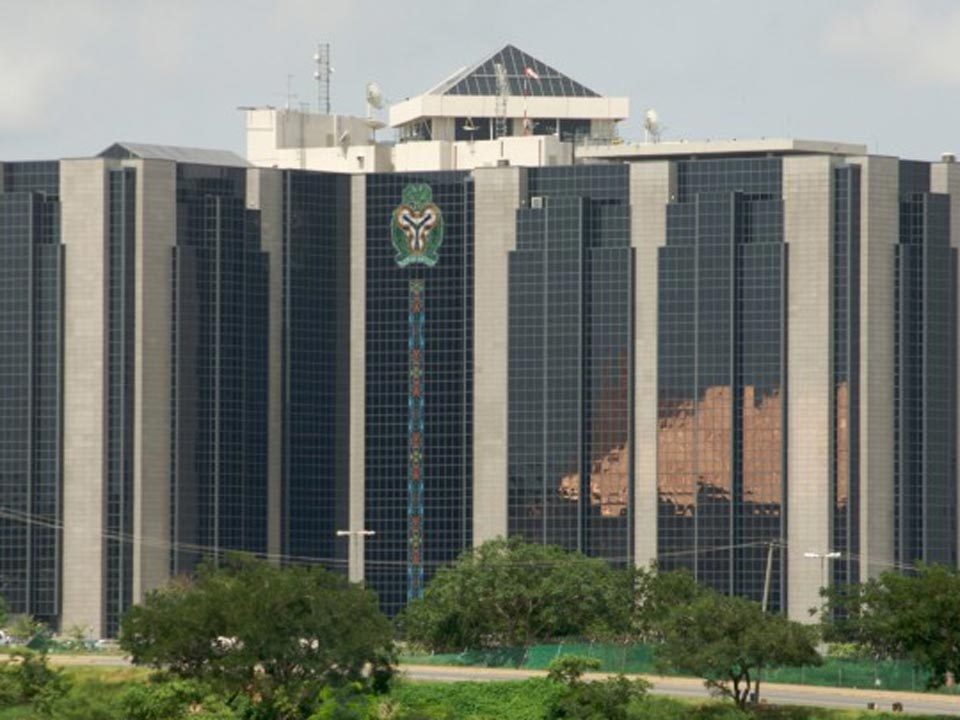Nigeria Update: Luno restrategises to deepen Nigeria’s crypto market

Nigeria Update: Blockchain tech and the traditional financial system
August 20, 2018
Nigeria Update: Political tension, sell-off sustain pressure on NSE’s indices
August 20, 2018Luno, one of the leading global exchanges with presence in over 40 countries, said it has opted for knowledge-driven approach to its services in Nigeria, as concerns over consumers’ limited knowledge of the crypto-currency and how it works rise.
The crypto-currency market in Nigeria made headlines globally in 2017, when it emerged the second position twice, as the country that searched for Bitcoin the most on Google, and peer-to-peer transactions in digital currency globally.
Since then, a lot of investments and investors have come into the market, leading to intensified scrutiny of the space by financial regulators.
The Central Bank of Nigeria (CBN) has said it is presently studying the market to enable it come up with a regulatory framework that will protect every player, but continues to warn financial institutions to stay away until a policy for the market emerges.
While CBN’s position has not affected demand in the market, it may have contributed to poor knowledge of consumers, as many transact for the profit and not necessarily because they understand the market.
“We welcome regulation of the crypto-currency space in Nigeria,” Luno’s Country Manager in Nigeria, Owenize Odia, said at a press conference held in Lagos, adding: “It is good for the entire market around the world, as it would build trust in both buyers and investors. We know it would eventually come, hence we self-regulate in order to protect our customers.”
Odia said that crypto-currency education would also benefit the market because it will ensure people approach it with a knowledge driven mindset.
According to him, regulation will also reinforce collaboration in the space, as banks will be free to partner with exchanges and other stakeholders for growth of the market.
It would also go a long way to reduce increasing incidences of cyber criminality, involving crypto-currencies, as the market has been awash with reports about victims of Internet scam that could have been avoided had the victims been better equipped with the right information.

